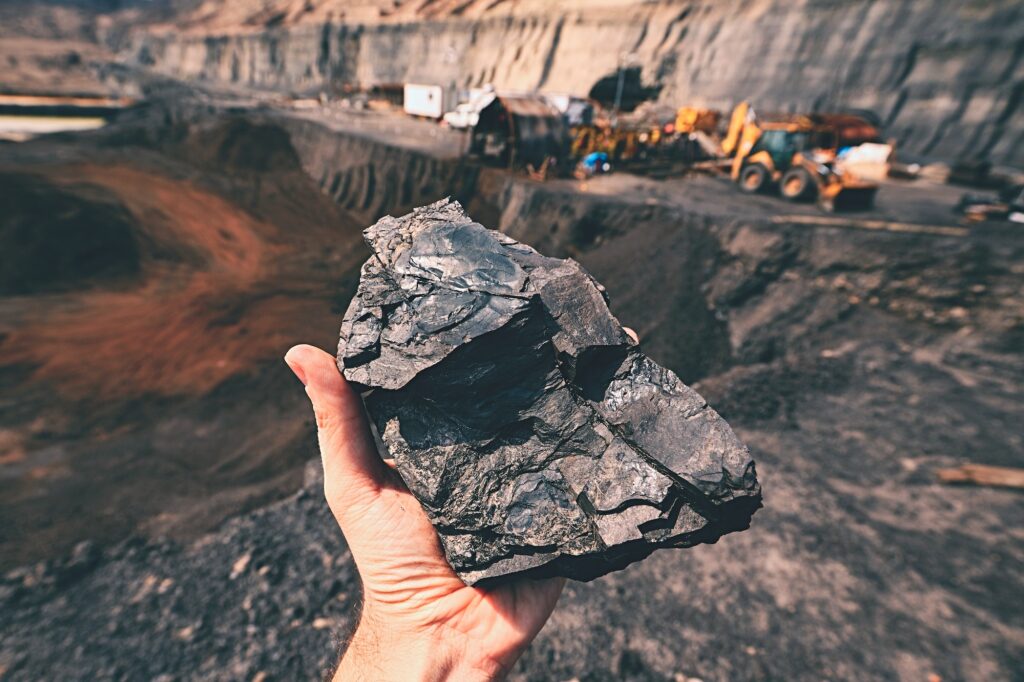As the demand for extracting minerals to help implement renewable energy intensifies, the Church of England Pensions Board calls on investors to reconsider how they invest in mining businesses.
As a result, investors are pushing miners to adopt stringent sustainability policies and ensure the world’s ecosystem and the poor communities are least harmed by their activities, reported ESG CLARITY.
Transitioning to a Low-Carbon Future Needs More Non-Renewable Mineral Resources
Anthropogenic processes are driving planetary-scale critical transitions with long-lasting ramifications.
One of the most effective ways to fight this issue is to end the world’s over-reliance on fossil fuel-based energy.
That said, even though thought-out recycling and implementation of a circular economy can help reverse climate change, transitioning away from fossil fuels towards low-carbon replacements will require more mining and processing of non-renewable mineral resources.
According to the World Bank, the demand for extracting minerals (graphite, nickel, lithium) will soar by a staggering 500% by 2050, with the drive to green energy getting a push.
Case in point: Over two million tons of lithium will be required by 2030 to install solar, wind, and geothermal power plants to meet the Net-Zero target detailed in the Paris Agreement.
However, worldwide, only 100 tonnes of lithium were mined in 2021. This huge gap between the demand and supply only exacerbates the supply chain.
“That’s the challenge here because the low carbon transition needs a massive scaling of mining,” said Adam Matthews, chair of the Global Investor Commission on Mining 2030 and chief responsible investment officer of the Church of England Pensions Board. “Regardless of whether we can recycle existing minerals, regardless if we can be more efficient or if we can replace the minerals that are being mined with others, we are going to need a massive scale of mining,” Mr. Matthews said.
That said, increasing mining activities would require the miners to abide by regulatory standards and ensure minimal environmental, social, and governance (ESG) impacts.
Even though the mining industry can act as a step-changer in helping with climate transition, historically, it has failed to ensure consistently responsible service.
Church of England Pensions Board to Introduce Sustainability Standards
The Brumadinho tailings dam disaster, the Courrières mine disaster, the Mariana disaster, are just a few mining incidents that shook the World. Analysts unanimously point out the mining industry’s roles in spurring corruption and conflict, human rights violations in the sites, and exacerbating environmental pollution.
As part of its effort to overhaul the mining industry in the next ten years, the Church of England Pensions Board has recently launched the Global Investor Commission on Mining 2030 which is poised to set regulatory standards by January 2024.
Advised by the United Nations, backed by the Principle of Responsible Investment, this investor-led commission is expected to collaborate closely with all stakeholders across the mining industry—miners, buyers, unions, and impacted communities.
Insurers, banks, and investors are expected to push miners to adhere to the standards to be detailed by the commission.
The commission also offers them the opportunity to re-think how they invest or incentivise the mining industry.
The standards of the Global Investor Commission on Mining 2030 will be drawn on from the success of the Global Tailings Standard. Formed by investors handling multi-stakeholder operations after the Brumadinho disaster, it’s a perfect model to capitalise on when it comes to ensuring the secure handling of tailings facilities that store mining waste.
Capitalising on advanced technologies, such as ventilation systems, process flow metres, digital mining solutions, etc., can also help the mining industry abide by the standards, thereby reducing their adverse impact on the environment.
For example, using distributed fibre optic sensing-based process flow metering systems by companies like Silixa is a sensible business investment for miners looking to drive sustainability. Such high-end solutions help operators manage and monitor process challenges and water dependency in ESG business sustainability initiatives. In addition, these systems can boost the sustainability of operations with significantly reduced energy consumption while also ensuring substantial cost savings.
A Shared Future for Responsible Mining is Foundational to the World’s Long-Term Interests
Sustainable mining has long been considered the bedrock of the coveted Net-Zero future.
However, the fourth-biggest cause of deforestation, the mining industry accounts for 7% of tropical and subtropical forest loss.
In such a situation, critics are stressing the importance of collaboration among stakeholders to make the mining sector highly sustainable and transparent.
